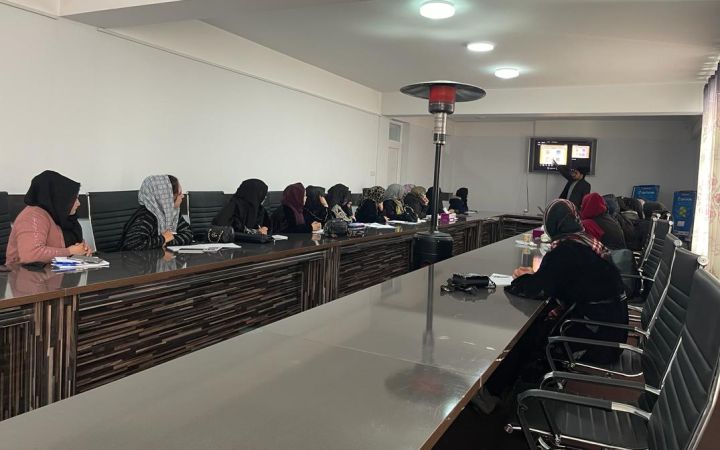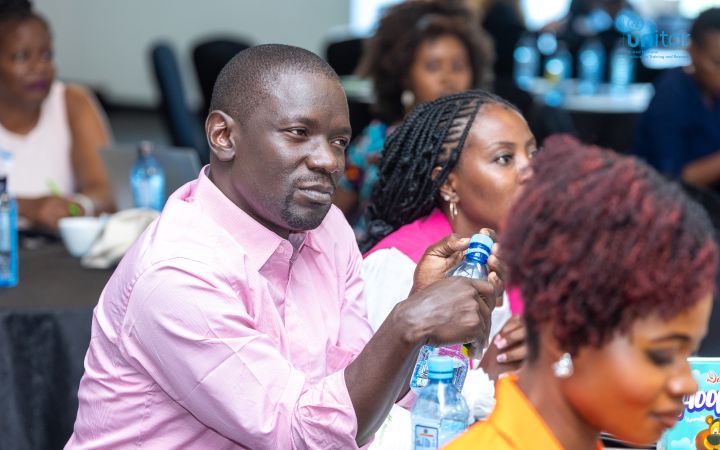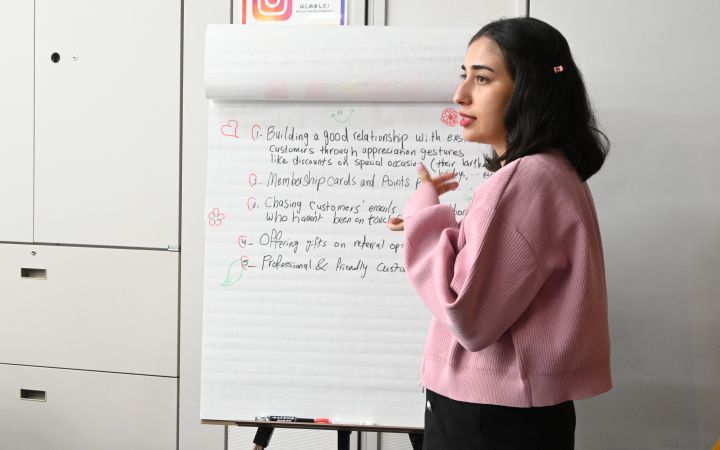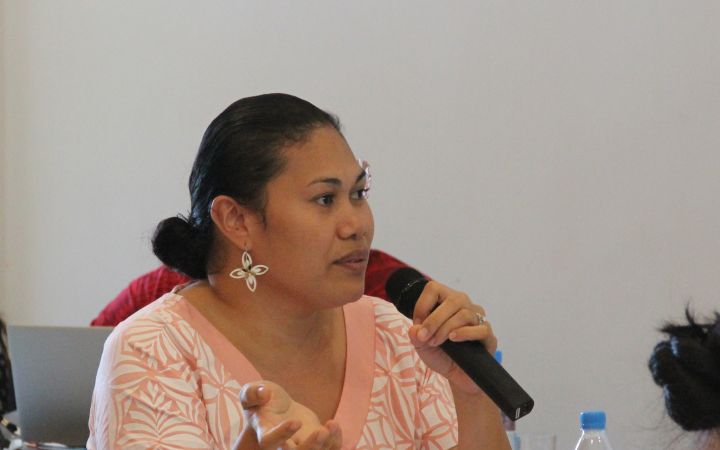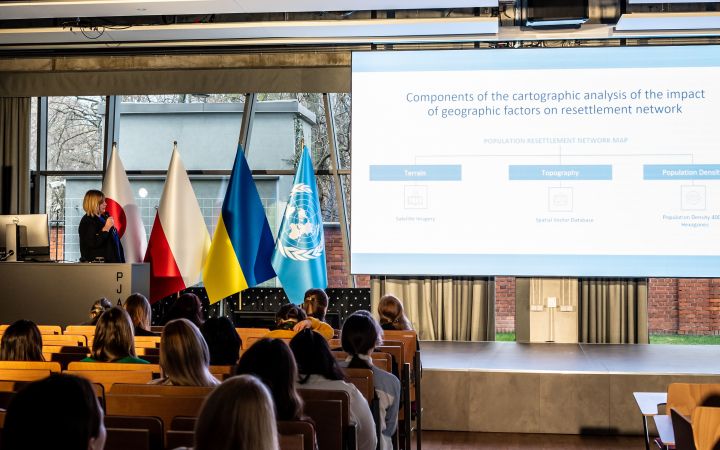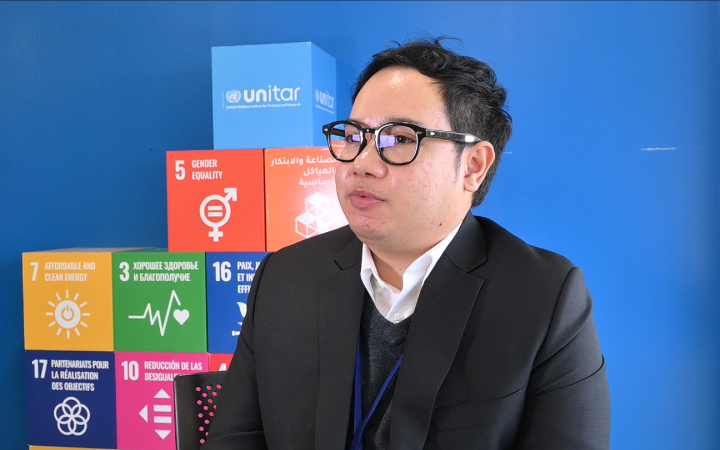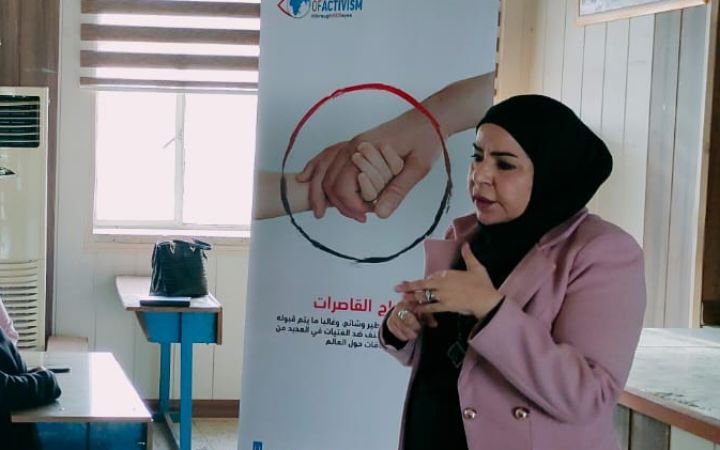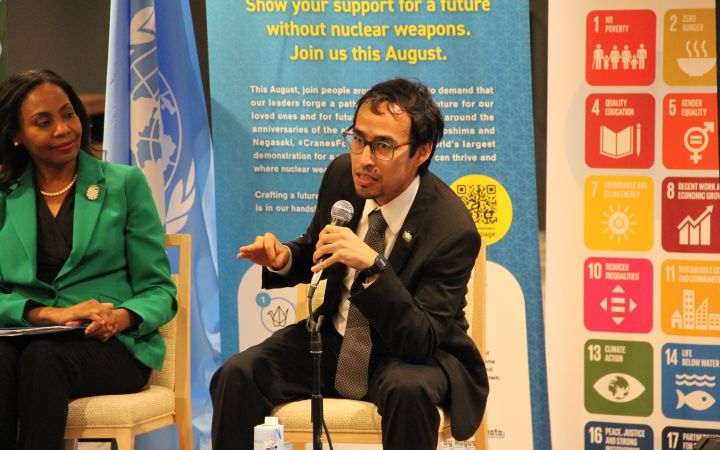Displaying 61 - 70 of 280
27 November 2024, Hiroshima, Japan - In October 2010, as ash and smoke darkened the skies over Java, Fega Ayu Pangestika found herself in an unfamiliar place. Mount Merapi, located on the border of Central Java and Yogyakarta in Indonesia, had violently erupted. The eruptions continued into November, displacing more than 360,000 people and killing nearly 400.
27 November 2024, Hiroshima, Japan – Fahima founded a clothing company in Afghanistan through which she aims to uplift women. The UNITAR “Great Ideas Space 2023 Programme for Afghanistan: Food Security and Job Creation Through Entrepreneurship and Innovation” helped her overhaul her business model and marketing strategy.
26 November 2024, Hiroshima, Japan – Denis Opio grew up in a village in Uganda, home to a mainly lower-middle-class population. Computers were a rare sight, and knowing someone who knew how to use one was even more scarce. When he went to university to study accounting, Dennis grappled with learning how to use a computer. And that was when he realized that there was a need for IT training in his community.
26 November 2024, Hiroshima, Japan - Basma Mohammed Jasim is committed to sustainability and innovating health care for vulnerable populations in Iraq . She is spearheading a telehealth platform to provide medical services, especially to those unable to leave their homes. Basma joined a UNITAR training programme on entrepreneurship and innovation for health security in Iraq, Jordan and Lebanon in 2023, where she gained the tools to help set up her platform and create sustainable, social impact.
22 November 2024, Hiroshima, Japan - Over 16 years, Iryna Markina built a successful career in sales in Ukraine. Because of the security situation in her hometown, it prompted Iryna to make a difficult decision to move to Turkey and then Poland, leaving some family members behind. Social integration posed another challenge as she navigated unfamiliar cultural norms, a constant worry for her family’s safety, language barriers and an uncertain future.
20 November 2024, Hiroshima, Japan - Jewel Luti Leao Tuitama stands as a beacon of hope and strength in the remote atolls of Tokelau, a territory nestled in the South Pacific Ocean. As the Manager of the National Disaster Management Unit within the Ministry of Climate, Oceans & Resilience, her work transcends mere responsibilities; it embodies a profound commitment to her community's safety and resilience against the encroaching threats of climate change and natural disasters. Her ties to the villages of Faleasiu and Solosolo in Samoa, along with her roots in Fakaofo in Tokelau, provide her with a unique perspective on the environmental challenges faced by her people.
14 November 2024, Hiroshima, Japan - On early morning of 24 February 2022, Viktoria Podvoiska saw the very first bombs falling on Kyiv. She immediately gathered all her family and said, “War has started. We must leave”.
8 November 2024, Hiroshima, Japan - Aiyarat Kosakul is First Secretary of the Ministry of Foreign Affairs of Thailand. He works in the Peace Security and Disarmament Division on issues related to weapons of mass destruction and chemical, biological and conventional weapons. He was nominated by his government to join the UNITAR 2024 programme on nuclear disarmament and non-proliferation in Hiroshima, Japan. The programme provided him a fundamental understanding of nuclear disarmament, allowing him to approach his work with a broader perspective.
8 November 2024, Hiroshima, Japan - When asked about her personal goal for women in Iraq, Alia Abbas’s answer is prompt and simple: “Make them happy!” Having worked in the public health sector for 31 years, Alia has dedicated her entire career to achieving just that. The UNITAR Gender Equality and Women Empowerment programme taught Alia how to manage her team effectively, which in turn boosted the skills level of her staff.
3 November 2024, Hiroshima, Japan - Hailing from Mexico, Franco Escobar, a research fellow at the Hiroshima Peace Institute and PhD student, is on a mission to document youth involvement in nuclear disarmament.



